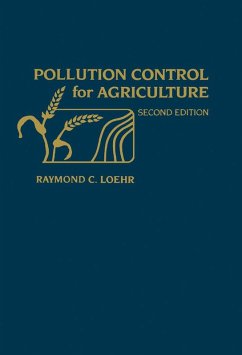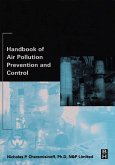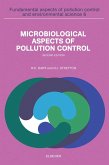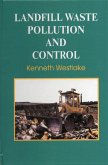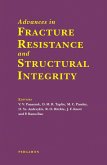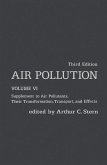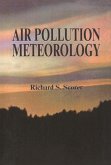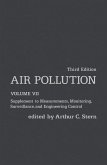Pollution Control for Agriculture, Second Edition describes approaches adaptable to the treatment, disposal, and management of agricultural wastes, incorporating full-scale technologies, concepts, data, and operating systems. The book also discusses energy conservation, natural resource utilization, and nonpoint source control. Examples of problems attributable to agriculture include unbalanced natural ecological systems and increased eutrophication from waste disposal practices. Other problems include the depletion of dissolved oxygen in surface water, and impurities in groundwater from improper waste disposals on land. The text notes that understanding the characteristics of these wastes leads to more effective disposal methods and treatment. For example, biological treatment is preferred for liquid waste that contain dissolved organic solids, while incineration or composting is appropriate for solid waste with a high organic content. The book also lists the options that can be chosen to control agricultural nonpoint sources, the best of which is by planning and management practices that regulate the source and delivery of nonpoint pollutants, These practices will limit nonpoint pollutants from reaching their destinations (surface water or groundwater). The text also emphasizes the need for a balance between the extremes of agricultural production, profit motives, and environmental concerns. The book is suitable for agriculturists, economists, environmentalists, ecologists, and policy makers involved in food production, environmental safety, and health issues.
Dieser Download kann aus rechtlichen Gründen nur mit Rechnungsadresse in A, B, BG, CY, CZ, D, DK, EW, E, FIN, F, GR, HR, H, IRL, I, LT, L, LR, M, NL, PL, P, R, S, SLO, SK ausgeliefert werden.

